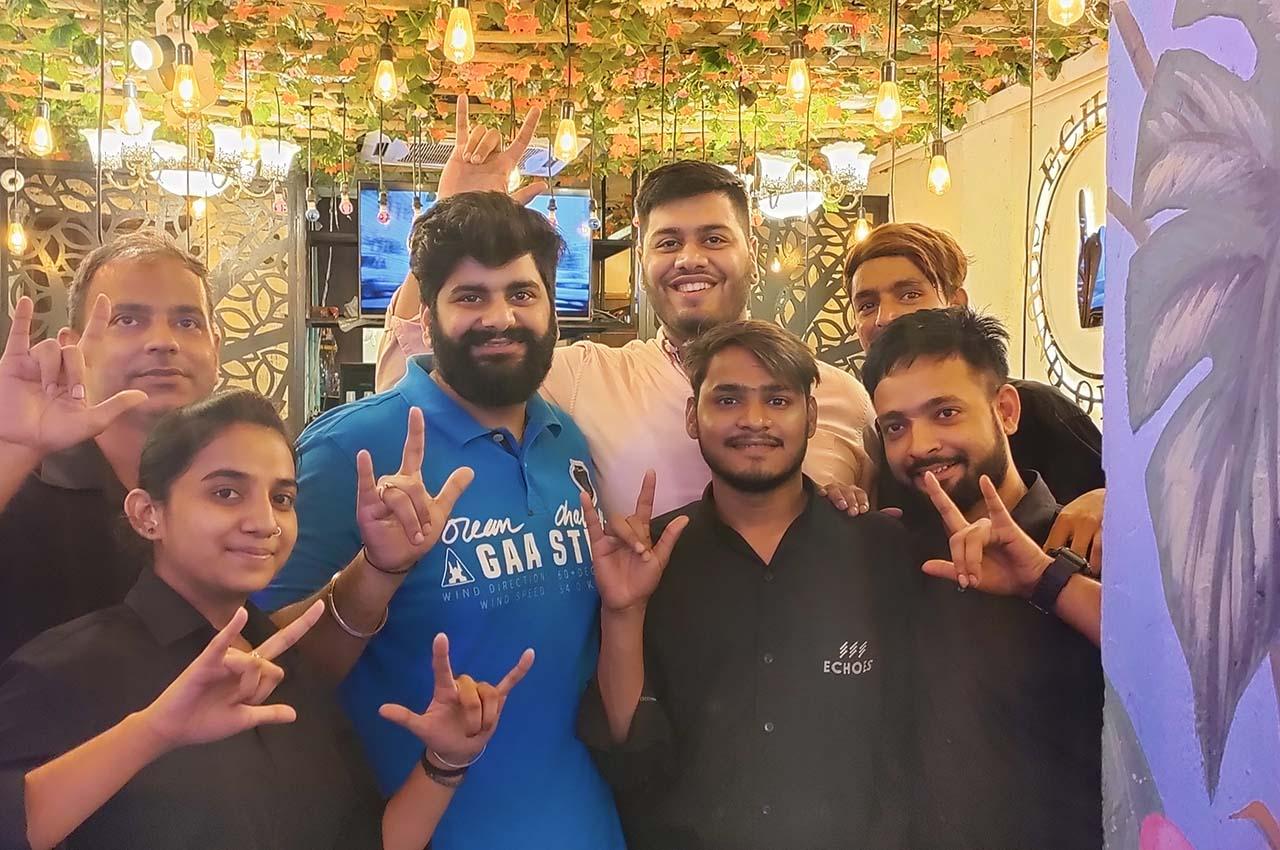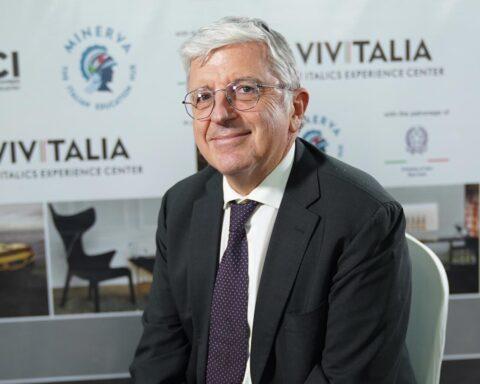Tell us about your journey.
In 2015, when we started in December, I was trying to quit my job. I was very passionate about doing something of my own. I was a chef and wanted to work for myself. I decided to open a café, my dream café. I was passionate about food from the eighth standard when I made up my mind to be a chef one day. I wanted my café to be a place with which people could connect. I wanted it to be a light, vibrant and positive place, which should give out the message that anyone can achieve anything in one’s life if one is focused on it.
In our hotel management journey, a lesson we are all taught is to be out-of-the-box. When I was trying to think out of the box and do something different to attract people and yet do something where I could give back to society and the environment, an idea came from the big hotel chains and corporate houses I had worked with. These companies have been hiring persons with disabilities (PwDs) under their corporate social responsibility programmes, but always keep them at the backend and will never let you see them. They believe that someone’s mistake will tarnish their name. They have huge brand values at stake and do not want it to be hampered or played with.


























